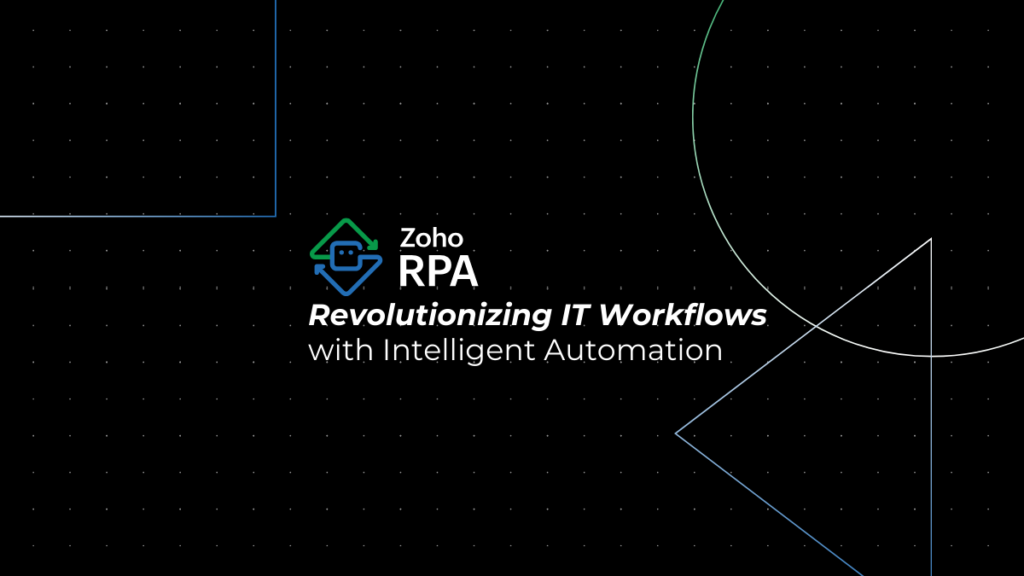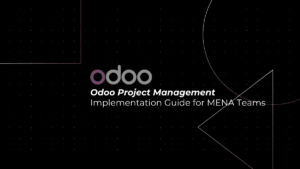Table of Contents
ToggleTable of Contents
- Introduction: The Digital Transformation Era
- Understanding Robotic Process Automation
- Zoho’s RPA Ecosystem: A Comprehensive Automation Solution
- Technical Implementation Strategies
- Industry-Specific RPA Applications
- Measuring RPA Impact
- The Future of RPA: AI and Intelligent Automation
- Conclusion: Your Digital Transformation Partner
- Call to Action
Introduction: The Digital Transformation Era
As businesses across the globe accelerate their digital transformation journeys, the adoption of Robotic Process Automation (RPA) has become essential to streamline IT workflows and enhance operational efficiency. Zoho’s RPA solutions are at the forefront of this shift, empowering organizations to automate complex tasks, optimize processes, and scale operations. This article explores the benefits of Zoho RPA and its pivotal role in driving IT transformation.
Understanding Robotic Process Automation
What is RPA?
Robotic Process Automation (RPA) refers to the use of software robots (“bots”) to automate repetitive, rule-based tasks in business processes. These bots replicate human actions to interact with digital systems, delivering results with greater speed, accuracy, and efficiency.
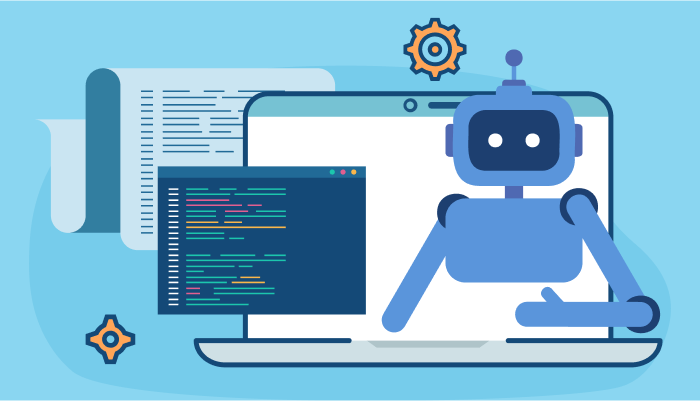
Key Benefits of RPA
- Enhanced Efficiency: Bots can operate 24/7 without fatigue, completing tasks at a much faster rate than human workers.
- Unparalleled Accuracy: RPA eliminates human errors, ensuring consistent execution of processes.
- Cost Optimization: Reduced dependency on manual labor and minimized operational costs.
- Scalability: RPA tools are easily scalable, adapting to business growth and fluctuating workloads.
- Compliance Assurance: Bots adhere strictly to predefined rules, ensuring compliance with regulatory standards.
Zoho’s RPA Ecosystem: A Comprehensive Automation Solution
Zoho CRM Automation Capabilities
Zoho CRM utilizes RPA to:
- Automate Lead Scoring: Bots prioritize leads based on interactions and predictive analytics.
- Streamline Workflow Management: Automate task assignments and track team performance with minimal manual intervention.
- Integrate Predictive Analytics: Use AI-powered insights to forecast trends and make data-driven decisions.
Zoho One: Unified Automation Platform
Zoho One offers a unified suite of applications that allows businesses to:
- Integrate across applications seamlessly, from CRM to project management and finance.
- Centralize data management, streamlining operations and ensuring consistent information flow.
- Scale efficiently as the business grows, supporting enterprise-level automation.
Technical Implementation Strategies
Deployment Considerations
- Cloud Compatibility: Ensure that Zoho RPA integrates smoothly with cloud-based systems.
- Security Protocols: Employ advanced encryption, access control mechanisms, and compliance monitoring to safeguard data.
- Scalable Infrastructure: Choose deployment models that support future growth and operational expansion.
Implementation Checklist
- Process Mapping: Identify tasks for automation and define clear process workflows.
- Bot Development: Create bots tailored to specific business needs and configure them for seamless execution.
- Testing Protocols: Rigorous testing is necessary to ensure bots perform as expected.
- Continuous Optimization: Regular monitoring and updates are crucial to maximize efficiency.
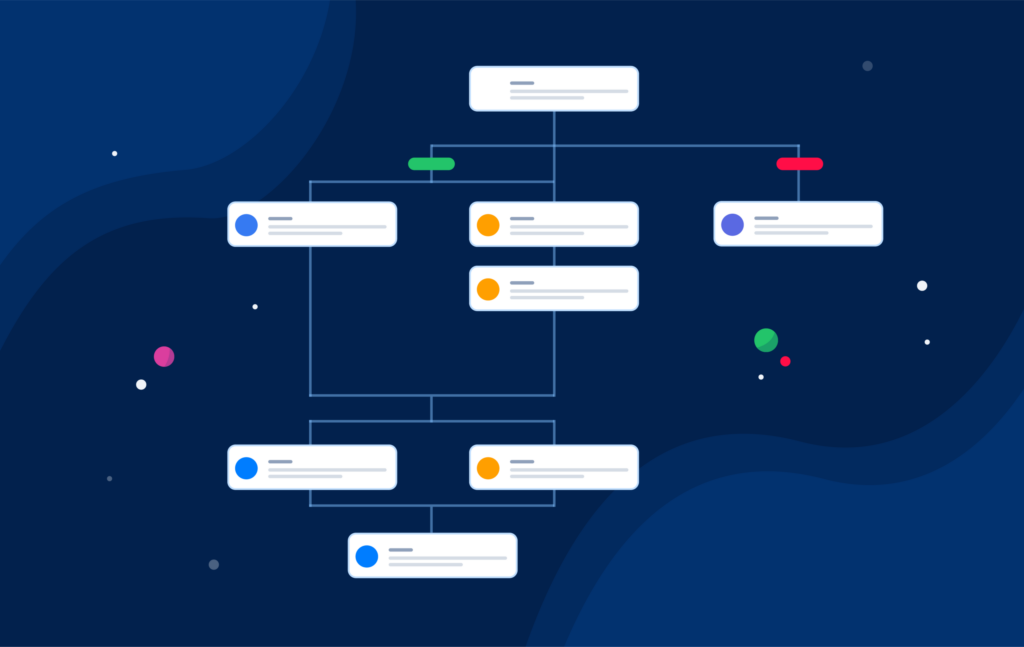
Industry-Specific RPA Applications
IT Support Automation
Zoho RPA enhances IT operations by:
- Automating Ticket Management: Bots can categorize and assign tickets based on priority and severity.
- Intelligent User Access Control: Streamline the management of user permissions and access rights.
- Proactive System Monitoring: Bots monitor systems for performance issues and automatically trigger remediation actions.
Cybersecurity Integration
In cybersecurity, Zoho RPA helps by:
- Automating Threat Detection: Bots can continuously scan for vulnerabilities and security threats.
- Ensuring Compliance: RPA ensures that security protocols are consistently followed.
- Rapid Incident Response: Automate incident management workflows to respond swiftly to security breaches.
Measuring RPA Impact
Key Performance Indicators (KPIs)
- Operational Efficiency: Measure reductions in process completion time, resource utilization, and workflow optimization.
- Financial Metrics: Track cost reductions, ROI from automation, and overall productivity gains.
- Compliance: Ensure adherence to regulatory requirements and monitor any incidents of non-compliance.
The Future of RPA: AI and Intelligent Automation
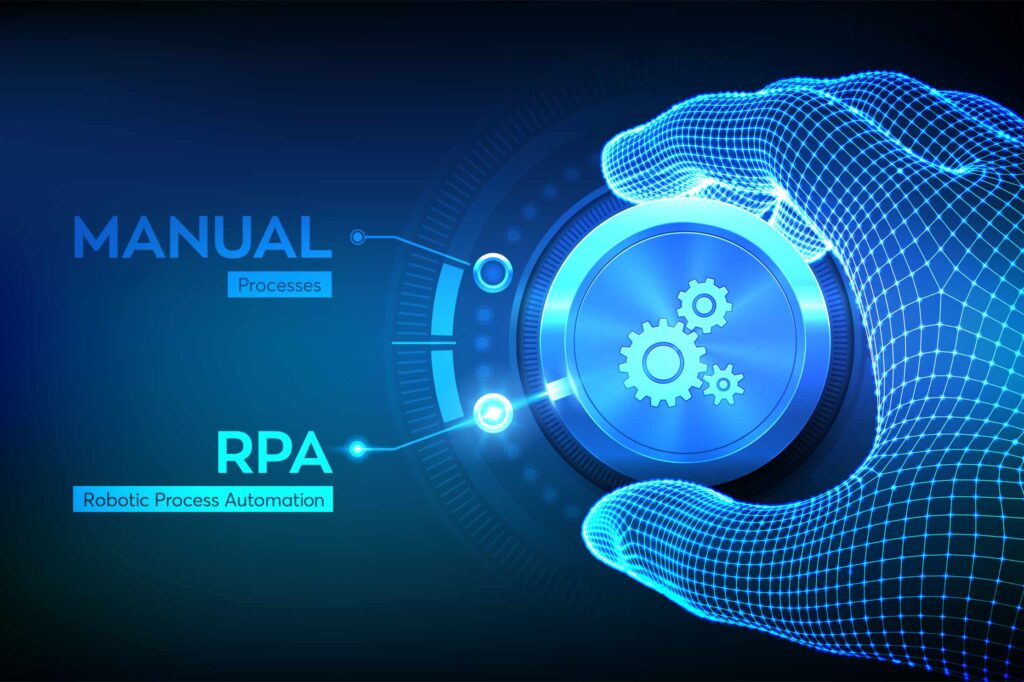
Emerging trends in RPA include:
- Advanced AI Integration: Enhancing bots with AI capabilities for more intelligent decision-making.
- Predictive Process Management: Using AI to forecast bottlenecks and automatically adjust workflows.
- Self-learning Automation: Bots that learn from past actions and continuously improve their performance.
- Intelligent Workflow Optimization: Automatically adjusting workflows based on data-driven insights.
Conclusion: Your Digital Transformation Partner
Zoho’s RPA tools are revolutionizing IT workflows, making businesses more efficient, cost-effective, and secure. By automating routine tasks and integrating intelligent automation, companies can streamline their operations and focus on more strategic business goals.
Ready to streamline your IT workflows and embark on a journey of digital transformation? Contact PyramidBITS today for a personalized consultation and discover how Zoho’s RPA solutions can drive operational excellence in your organization.
